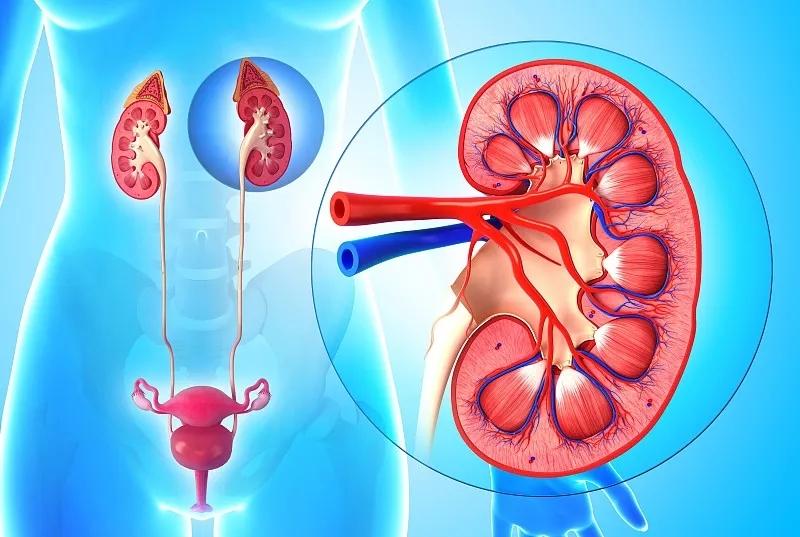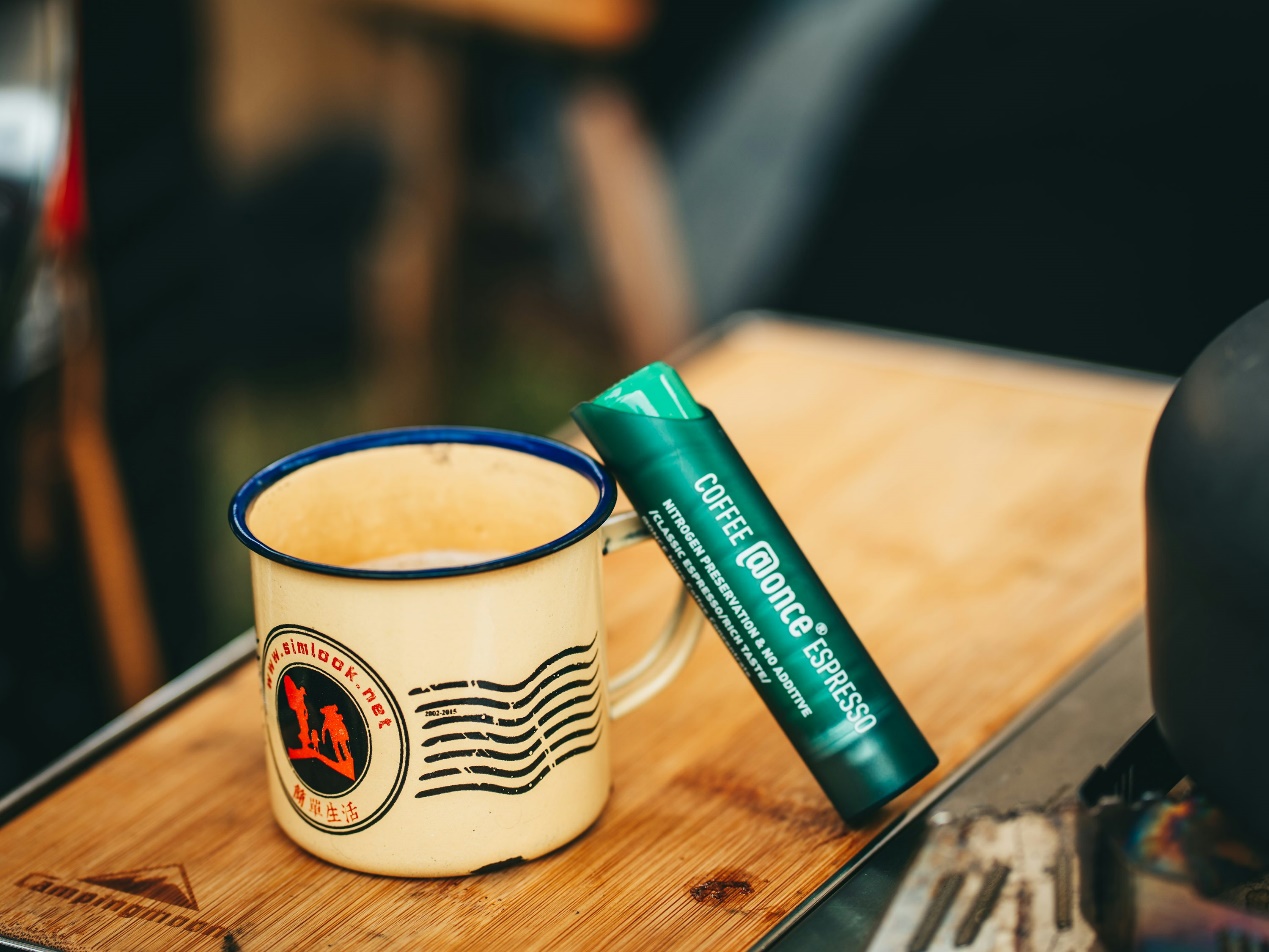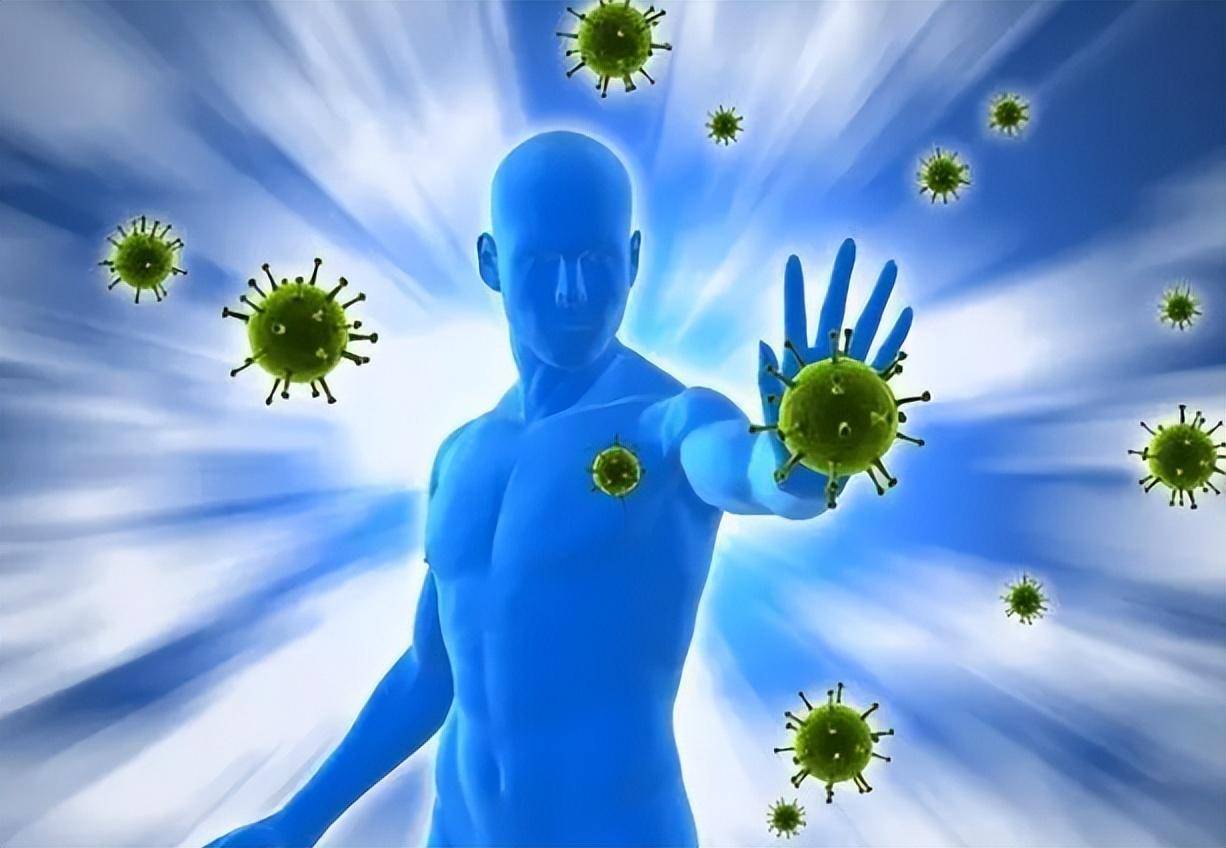We've all heard it: "Drink 8 glasses of water a day." It's echoed in health advice columns and casual conversation, a seemingly simple rule for well-being. But what if this widely accepted guideline is less a universal truth and more like a basic blueprint that needs significant customization? Experts suggest the reality of optimal hydration is far more nuanced, a complex interplay of individual needs, debunked myths, and timely sips, not just a rigid quota. Understanding this isn't just about quenching thirst; it's about fueling your body's intricate machinery with precision.
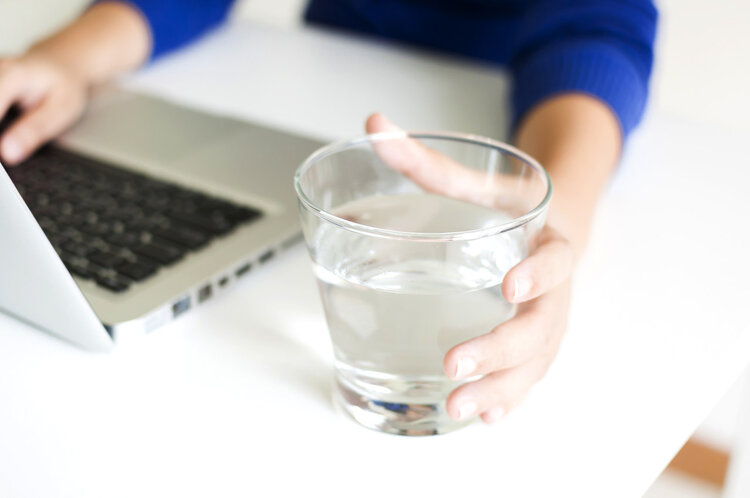
The famous 8-cup recommendation, roughly 2 liters, might be an oversimplification for many. A comprehensive study analyzing water turnover in over 5,600 people across 26 countries revealed diverse hydration needs based on age, gender, and environment. For instance, peak water turnover is seen in young adults (4.2 liters for 20-35 male, 3.3 liters for 20-40 female), but this isn't the amount they need to drink. Actual required daily intake is lower, around 1.5-1.8 liters for young men and 1.3-1.4 liters for young women. This highlights that hydration isn't a fixed target for everyone; it's more like setting the right thermostat for your unique metabolic environment.
Our approach to water is clouded by myths. Concerns about "boiled-repeatedly" or overnight water causing toxicity due to nitrites are unfounded. Experiments show nitrite levels remain far below safety standards even after multiple boils and prolonged standing. Similarly, the notion that massive water intake cures a cold is a misguided shortcut. While hydration is key, gulping plain water during fever-induced electrolyte loss can lead to "spontaneous dehydration" as the body tries to rebalance. You need electrolytes too. The persistent idea that weak alkaline water offers special health benefits is another scientific mirage, akin to believing painting a wall changes its internal structure [analog, 4]. The body's pH is tightly regulated, and swallowed water is quickly neutralized. Even the popular "water before meals for weight loss" trick is limited; while increasing satiety, large volumes can hinder digestion by diluting stomach acid. And fear of purified water causing mineral deficiency is unnecessary; food, not water, is our primary mineral source.
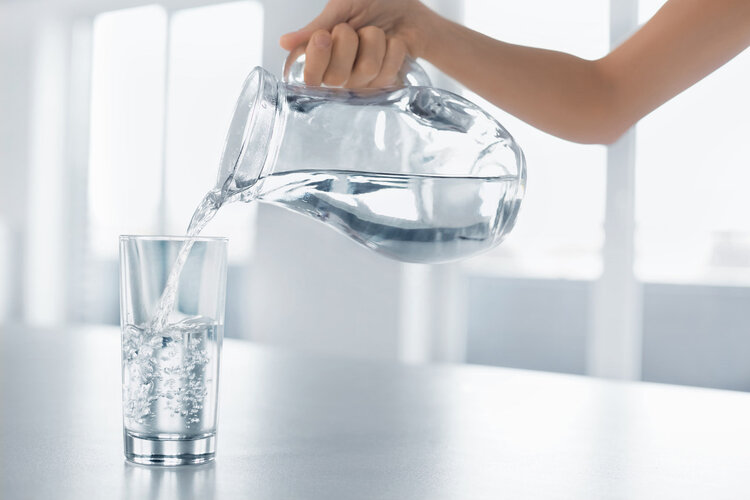
So, how should we hydrate smartly? Firstly, don't wait for thirst. Thirst is often a late signal, indicating you're already 1-2% dehydrated, impacting cognition and physical function. It's like waiting for your car's fuel light before thinking about gas. Drink proactively. Optimal temperature is 35℃-40℃, close to body temp for comfort. Avoid ice water, which can stress the heart, especially for those with cardiovascular issues. Sip slowly, don't gulp. Rapid intake overwhelms the system. Think of sipping as a steady, gentle flow for your body's engine, unlike a sudden flood. Plain water is king, especially boiled water. Sugary drinks offer empty calories and health risks.
Beyond 'how much' and 'how', 'when' you drink is crucial. Start your day with water to rehydrate after the night. Have a little before bed to counter increased blood viscosity during sleep. After a bath, sip warm water slowly. In dry air-conditioned rooms, drink every half hour. Half an hour after meals, a small amount aids digestion, avoiding immediate intake that dilutes stomach acid. When stressed or irritable, a slow sip of warm water can help flush out stress hormones. During exercise, and after eating salty food, replenish fluids and electrolytes (or potassium-rich fluids like light soy milk for salt).

Hydration isn't just about hitting a number; it's about understanding your body's unique signals and needs, debunking old myths, and integrating smart drinking habits throughout your day [general wisdom from synthesis]. Like tending a garden, you provide water not just on a fixed schedule, but when the plants show signs of need, considering the weather and soil [analog]. By moving beyond simplistic rules and embracing a more informed, intuitive approach, you can optimize your hydration, enhancing everything from cognitive function to physical well-being. Listen to your body; it knows the difference between a misguided gulp and a perfectly timed sip.
